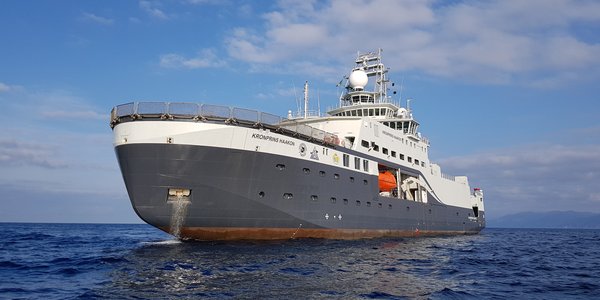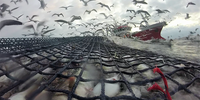News
Result: (291) Showing 241 - 270

RV "Kronprins Haakon" in Norwegian hands
27.03.2018

Escaped wrasse may affect local populations
21.03.2018

Making demersal seines more precise
10.01.2018

Lots of interest in the RV Kronprins Haakon
03.01.2018

A new era for Norwegian Polar research
02.01.2018

IMR and NIFES share the same homepage
29.11.2017

Have more answers about seafood and health
08.11.2017

Mould toxins can end up in fish feed
16.10.2017

Good status for imported seafood
13.10.2017

Norway receives praise for its ocean science
13.10.2017

New dietary recommendations for salmon
06.10.2017

Could kelp be the new potato?
25.08.2017















